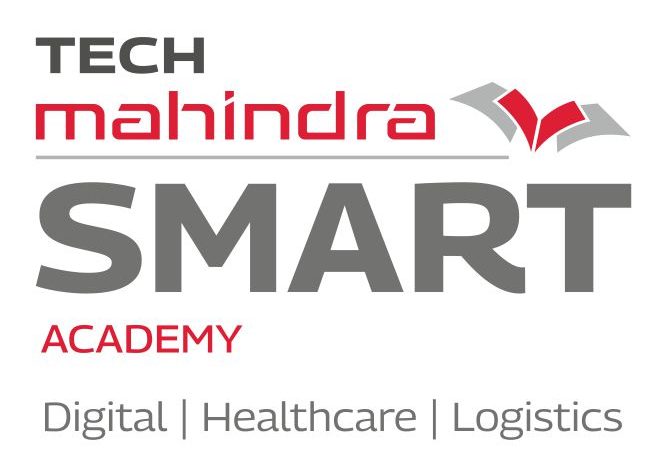Logistics and Supply Chain Management Education covers a wide spectrum of topic including transportation management, lean chain, strategic sourcing, warehousing, and performance-based logistics, constraints management, supply chain network design, and demand management.

Logistics and Supply chain is the crucial part for the companies across E-commerce, FMCG, manufacturing, retail and many such domains. These companies depend heavily on efficient logistics and supply chain professionals to make their products and services available to customers.
Henceforth, the demand for trained logistics and supply chain professionals is increasing day by day.
Logistics and Supply Chain Management Education covers a wide spectrum of topic including transportation management, lean chain, strategic sourcing, warehousing, and performance-based logistics, constraints management, supply chain network design, and demand management.
The Logistics and Supply Chain Management course curriculum covers the following topics:
Logistics Strategy and Planning
Warehouse and Distribution Facilities Management
Freight Transport management
International Logistics
Supply Chain Concepts and Planning
Material and Inventory Management
Purchasing and Strategic Sourcing
Customer Service and Relationship Management
Job Roles
After completing the course, students will get logistics certification to work across industries like manufacturing, retail, e-commerce, service industry, shipping, aviation, consulting firms and more.
Students can also get the opportunity to work across multiple functions like planning, project management, resource management, consulting, strategy & others in the following job roles:
Warehouse Operations Executive
Transportation Executive
Customer Service Executive
Purchase Executive
Master Production Scheduler
Fulfilment Executive
Supply Chain Executive
Supply Chain Analyst
Inventory/Materials Planner
International Logistics
ExecutiveDocumentation Executive
Logistics Coordinator
Shipping Coordinator
Tech Mahindra Foundation is the corporate social responsibility arm of Tech Mahindra Ltd. Established in 2006, under Section 25 of the Companies Act (now Section 8), it is today active in 11 cities across India. The Foundation works in three key verticals – education, skill development and disability.
SMART (Skills for Market Training) is Tech Mahindra Foundation’s flagship employability programme, with 86 centres providing skill development in 11 cities. In addition, the Foundation runs Twelve Tech Mahindra SMART Academies: five SMART Academies for Healthcare, three SMART Academies for Digital Technologies, and four SMART Academy for Logistics and Supply Chain Management as its flagship programme in employability.
Over the years, SMART has successfully trained over one lakh young men and women, with a placement rate of over 75%. Its robust processes, stringent monitoring system and industry-led approach have created a model for scaling up skill development while maintaining high training standards.
Tech Mahindra Foundation is committed to teacher empowerment, enrichment in learning opportunities for children, effective school governance and enhancing parental involvement in school education. In the domain of education, Shikshaantar is the Foundation’s training programme for teachers.
The Foundation runs two premier in-service teacher capacity building institutes called In-Service Teacher Education Institutes (ITEIs) in North Delhi and East Delhi Municipal Corporations.
The Foundation also works in 15 schools through its ARISE (All Round Improvement in School Education) programme with the objective of holistic development of children in these schools.
Disability is the third major area of intervention for Tech Mahindra Foundation. The Foundation works towards ensuring that Persons with Disabilities have the opportunity for a better future and dignified lives. This is done through two programmes: ARISE+ (All Round Improvement in Special Education) and SMART+ (Skills-for Market Training for Persons with Disabilities). The Foundation mandates that 10% of all its beneficiaries are Persons with Disabilities.
© 2025 coursetakers.com All Rights Reserved. Terms and Conditions of use | Privacy Policy